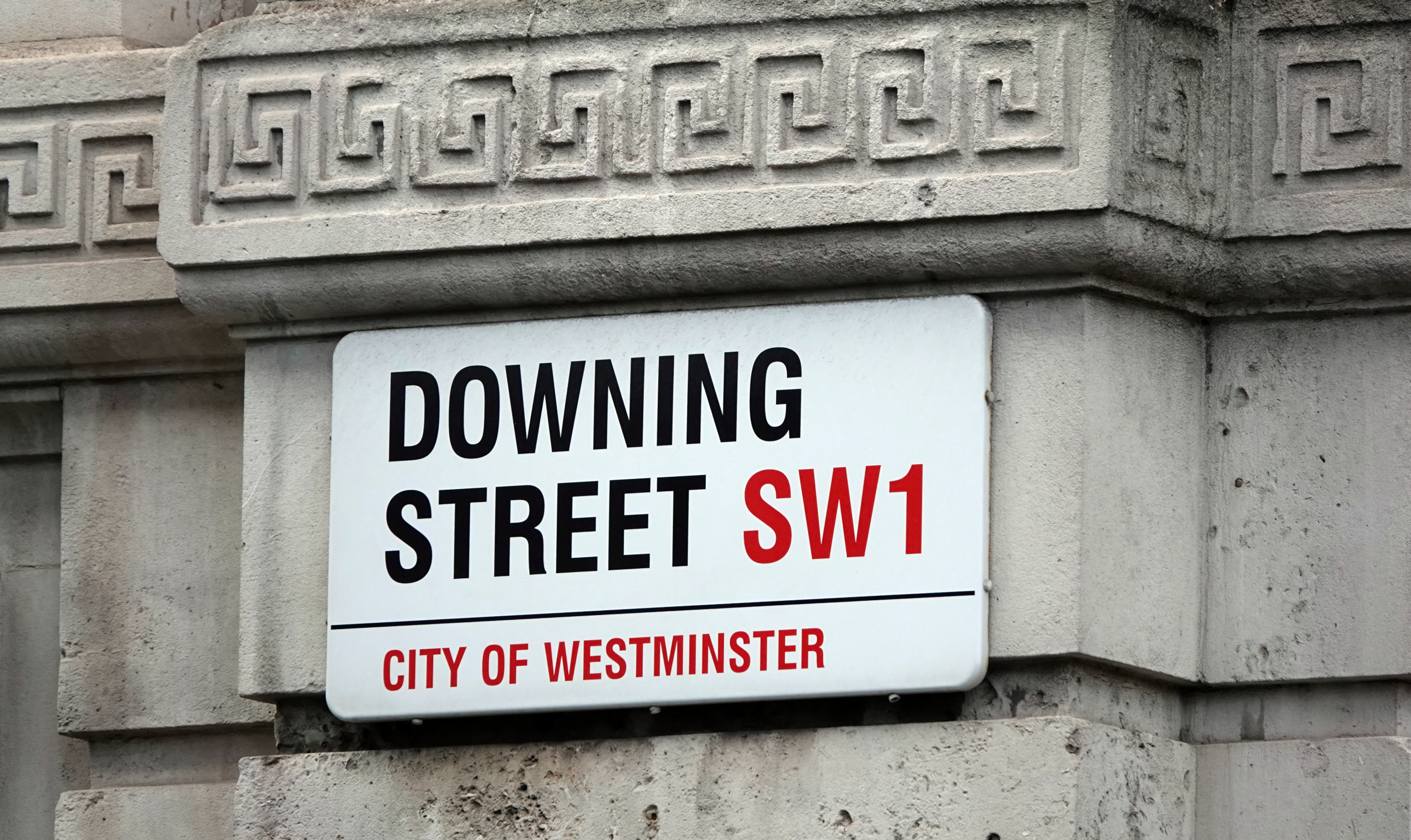‘What will be the impact on employment and employers of the new government?’
We now know we have a Labour Government, and with a majority large enough to effect change. Regardless of their polices, this is, in many ways, good. The worst thing for any nation is to have a government unable to govern, without the capacity to affect policy. This is not the situation the UK now finds itself in. So, how is the new Labour Government likely to effect employment and employers in the coming months and years?
Policy overview
The Labour Party’s policies on employment are outlined in their “Plan to Make Work Pay” and detailed in the accompanying manifesto. The can be summarised as follows, with their likely impact:
Zero-Hours Contracts and Flexible Working: Labour plans to ban zero-hours contracts, giving workers the right to contracts that reflect their regular working hours. This is intended to bring greater job security and predictability for many workers and do away with exploitation of low paid workers. Additionally, flexible working would become a default right from day one, which aims to balance work-life demands better and could enhance productivity by making it easier for people to stay in the workforce under flexible conditions.
Day-One Employment Rights: The proposal includes extending rights such as unfair dismissal, sick pay, and parental leave to all workers from their first day of employment. This is intended to lead to better job protection and support for workers and is also supposed to reduce turnover and increase job satisfaction. Employers will need to adjust their HR policies to comply with these new standards from the outset of employment.
Fire and Rehire Practices: The Labour Party intends to outlaw the practice of “fire and rehire,” which involves dismissing employees only to rehire them on less favourable terms. This change aims to provide greater job security and ensure fairer treatment of employees during restructuring. Employers will need to develop fair restructuring processes that comply with the new regulations.
Pay Gap Reporting: Labour plans to extend mandatory pay gap reporting to include ethnicity and disability, in addition to gender. Large firms will also need to develop and implement action plans to address these pay gaps. This aims to increase transparency and accountability, potentially leading to more equitable pay structures across organisations, but at the cost of increased reporting administration.
Sectoral Collective Bargaining: The introduction of sectoral collective bargaining agreements would allow workers to negotiate fair pay and conditions through trade unions. This policy is aimed at strengthening the role of unions and ensuring fair compensation across different sectors. While this may improve wages and conditions for workers, some businesses might face increased labour costs, which could impact their hiring practices and overall employment strategies.
Enhanced Family-Friendly Rights: Labour’s policies include making parental leave a day-one right, protecting pregnant women from dismissal for six months post-maternity leave, and introducing the right to switch off from work-related communications outside of working hours. These measures are designed to support work-life balance and could make the workplace more attractive to a diverse workforce but will conversely increase employment costs.
Overall, the expressed aim of the Labour Party’s proposed policies is to enhance worker rights, improve job security, and ensure fair pay and conditions. All of which is laudable. However, there will likely be a number of both positive and negative impacts from the implementation of such changes, not least for employers.
Potential Impacts for Employers
Increased Costs and Administrative Burden: The introduction of more extensive employment rights from day one, such as unfair dismissal protections, parental leave, and sick pay, will necessarily increase the cost of hiring new employees. Employers will also need to invest more in onboarding processes to ensure compliance with these regulations. This is highly likely to make employers, particularly in SMEs, more cautious about hiring, particularly in uncertain economic conditions. For multinationals it is likely to disincentivise investment into the UK.
Shift Towards Secure Employment: With the banning of zero-hours contracts and the requirement to provide contracts that reflect regular hours, employers will be forced to shift towards offering more part-time or full-time positions rather than relying on flexible, casual labour. This is likely to lead to a reduced number of overall jobs, as businesses are unable to afford increased labour costs.
Greater Focus on Employee Wellbeing: Policies aimed at improving work-life balance, such as flexible working from day one and the right to disconnect, may lead employers to adopt more family-friendly and flexible work policies. This may make workplaces more attractive to a diverse pool of candidates, potentially increasing applications from demographics previously underrepresented in certain industries. The counter to this is the increased costs that will be incurred.
Impact of Collective Bargaining: The introduction of sectoral collective bargaining agreements is likely to enhance the role of trade unions in negotiating pay and conditions. While this could lead to better wages and working conditions, it may also result in greater labour disruption, reduced productivity, and undoubtedly, higher labour costs for employers. This will, in turn reduce the willingness of companies to invest in hiring.
Emphasis on Fair Pay and Equity: Enhanced pay gap reporting requirements will increase transparency and may push employers to address disparities more proactively. While this may improve workplace equality and attract talent from diverse backgrounds, the additional reporting requirements might lead some employers to streamline their hiring processes or postpone hiring, to reduce the administrative impact.
Sector-Specific Impacts: Specific sectors, such as social care, are likely to see significant changes due to the establishment of Fair Pay Agreements. Employers in these sectors will need to negotiate terms and conditions collectively, which might improve retention and job quality but could also lead to higher operational costs and potentially fewer new hires if budgets are constrained.
Preparedness for Technological Changes: Labour’s focus on ensuring that new technologies and AI are implemented in consultation with workers and trade unions could slow the pace of technological adoption in many businesses. Employers may need to be more strategic and consultative in their approach to automation and digital transformation, potentially affecting investment, productivity gains, and hiring in tech-related roles.
Reducing People Overheads: Faced with such changes, companies may well look to reduce UK hiring to cut costs and the impact of increased red-tape. Indeed, they may cut employee numbers in the UK overall. Those companies who have overseas offices and factories are likely to prefer investment hiring there, whilst those solely based in the UK will be more cautious in their hiring decisions. In either case it is likely to reduce the number of new roles in the UK. Furthermore, companies can be expected to look to outsource or offshore more processes, and ultimately to look to increase automation to remove the costly human element from the process entirely. If new rules on automation (see above) slow or inhibit this process, we are likely to see companies shutting departments or even entire UK entities, favouring geographies with more automation friendly regulation.
Financial Impact of the Labour Government
The Labour Party manifesto speaks a great deal about investment and increased spending, much of which is concerningly poorly costed. With a large majority there will be high expectations of carrying through this agenda, indeed more radical parts of the Labour Party are already calling for more dramatic changes. For these investments to occur will require more money in the government purse which can only come from one of four routes:
Dramatic growth in the economy, which is intensely unlikely, indeed many analysts are predicting recessionary pressures in the global economy, not least the US Presidential election and continuing geopolitical instability.
Massively increased government borrowing, which would drive up inflation and, given the state of the deficit, likely impact the UKs financial rating, which no one will want.
Fiscal easing, which is printing money, which will push inflation into overdrive, and the government cannot independently initiate, due to the independence of the Bank of England
Increased taxation. This has already been accepted but will undoubtedly increase. This will target companies and wealthier individuals. The rich will, and have already begun to, relocate to other domiciles in lower tax locations. Companies with overseas locations will similarly refocus investment. Smaller companies and moderately well-off individuals will take the brunt. These are the SMEs, their owners, investors and founders, who make up the majority of the UK economy.
As a result, it must be expected that, faced with increased tax burdens, the tendency to take risks, to hire people, particularly when you will be immediately saddled with full employment rights, to invest, to be entrepreneurial, is going to be negatively impacted. Higher capital gains taxes, reduced entrepreneurs’ tax relief, combined with higher costs for other middle-class priorities, such as school fees, will reduce SME investment, the number of start-ups, and the number of jobs created.
Conclusion
In summary, while the Labour Party’s policies aim to improve job security, pay equity, and working conditions, they are also likely to lead to increased labour costs and regulatory burdens for employers. This, and the impact of Labour tax policies on SMEs and the middle-classes, will result in more cautious hiring practices and less opportunities. In contrast we can expect to see more offshoring, outsourcing and automation, and organisations focusing on these services are likely to benefit significantly.
We’d love to meet with you to explore what the new Labour Government policies mean for your business and how you can optimise your HR functions. If you have any questions or want to discuss further, complete the contact form below or drop us an email at hello@quarsh.com


